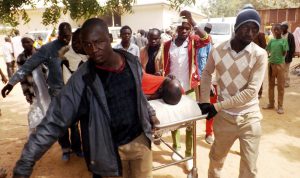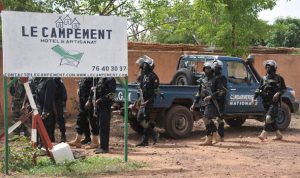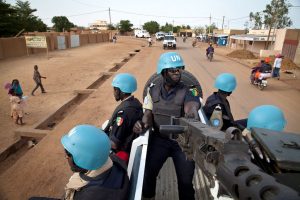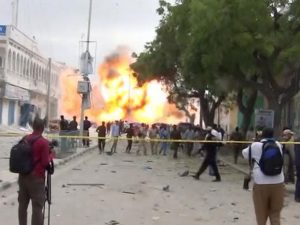The United Nations Security Council today welcomed the deployment by the so-called Group of Five (G5) – Burkina Faso, Chad, Mali, Mauritania and Niger – of a joint force to tackle the threat of terrorism, as well as the serious challenges posed by transnational organized crime in Africa’s restive Sahel region.
Unanimously adopting a new resolution, the Council welcomed the joint force’s strategic concept of operations, saying it intended to review the deployment in four months’ time. It requested that the Secretary-General, in close coordination with the Group of Five (G5) Sahel States, as well as the African Union – to provide an oral update within two months.
Also by that text, the Council urged the joint force of up to 5,000 military and police personnel, as well as the UN Multidimensional Integrated Stabilization Mission in Mali (MINUSMA) and French forces in that country to ensure adequate coordination and exchange of information regarding their operations, within their respective mandates. In that regard, it reiterated its request that the Secretary-General enhance cooperation between MINUSMA and the G5 Sahel States through the relevant intelligence and liaison officers.
The resolution also urged the G5 Sahel States to continue efforts to make the joint force operational in a sustainable, viable and effective manner. It also welcomed the European Union’s commitment to provide €50 million in financial support, and encouraged further support from bilateral and multilateral partners.
Emphasizing the important role of women in preventing conflict and peacebuilding, the Council underlined the need to take a gender perspective into account in implementing all aspects of the strategic concept of operations.
According to the UN Office for the Coordination of Humanitarian Affairs (OCHA), in the Sahel, abject poverty, fast population growth, climate change, recurrent food and nutrition crises, armed conflicts and violence converge dangerously and undermine the lives and assets and future prospects of millions of families across the region. More than 30 million people face food insecurity, one in five children under the age of five suffers from acute malnutrition and at least 4.9 million are displaced by the effects of conflicts.












